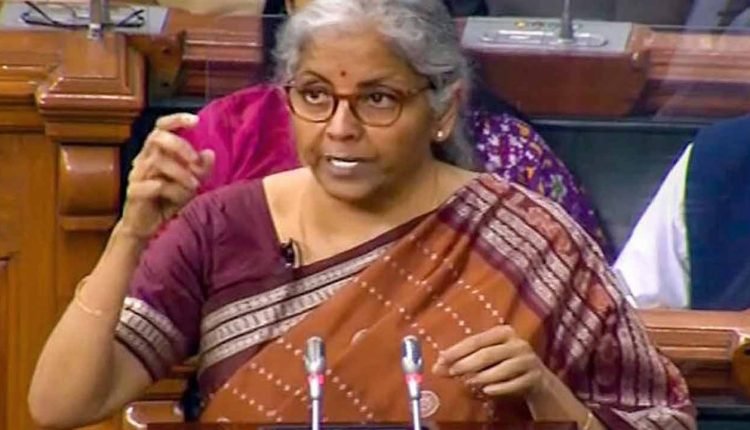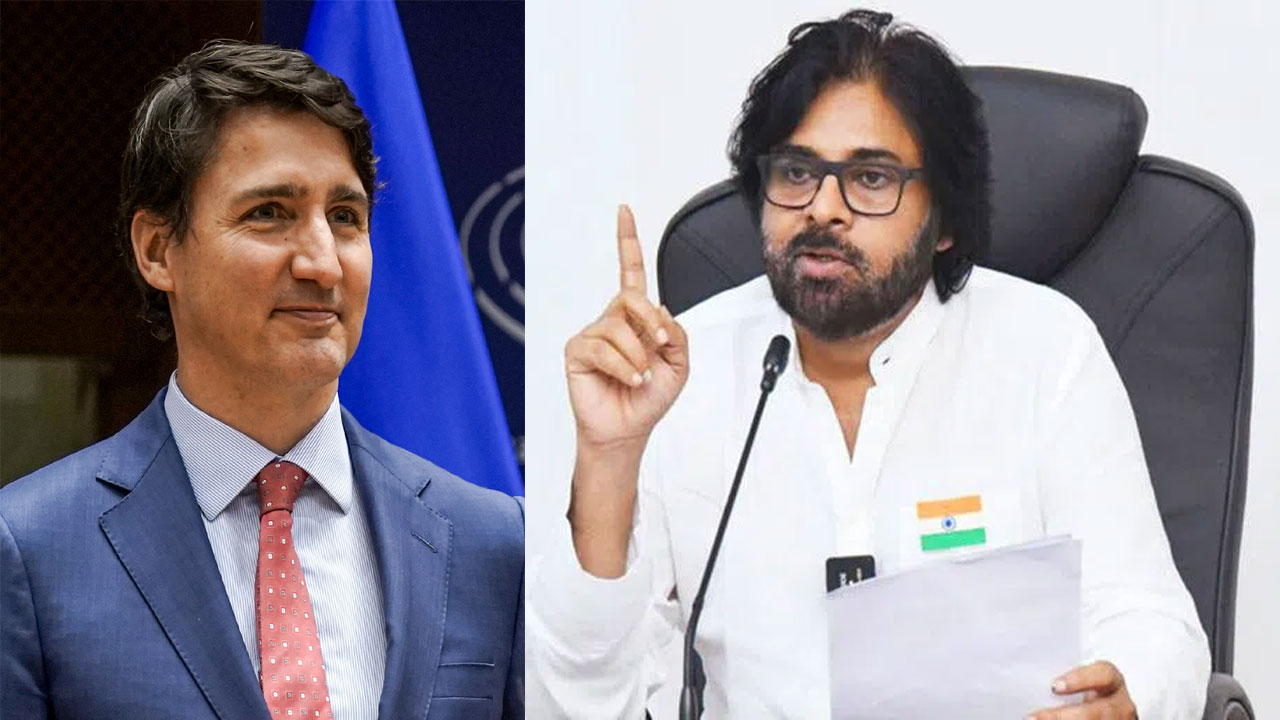FM Announces Changes in Indirect Tax Regime
Union Finance Minister Nirmala Sitharaman presented the Union Budget 2022-23 in the parliament today. This was her fourth Union Budget presentation and while presenting the budget the finance minister commended honest taxpayers for contributing to India’s stupendous GST Revenue collection in January 2022. GST collection has touched a record of Rs 1.40 lakh crore in January on rapid economic recovery.
Here is a highlight of the announcement that the Union Finance Minister made on India’s indirect taxation regime in her Budget Speech 2022-23: Remarkable progress in GST.
♦ GST revenues are buoyant despite the pandemic – Taxpayers deserve applause for this growth. Special Economic Zones
♦ Customs Administration of SEZs to be fully IT-driven and function on the Customs National Portal – shall be implemented by 30th September 2022.
Customs Reforms and duty rate changes
♦ Faceless Customs has been fully established. During the Covid-19 pandemic, Customs formations have done exceptional frontline work against all odds displaying agility and purpose. Project imports and capital goods
♦ Gradually phasing out of the concessional rates in capital goods and project imports; and applying a moderate tariff of 7.5 per cent – conducive to the growth of the domestic sector and ‘Make in India’.
♦ Certain exemptions for advanced machinery that are not manufactured within the country shall continue.
♦ A few exemptions were introduced on inputs, like specialised castings, ball screw and linear motion guide – to encourage domestic manufacturing of capital goods. Review of customs exemptions and tariff simplification
♦ More than 350 exemption entries proposed to be gradually phased out, like exemption on certain agricultural products, chemicals, fabrics, medical devices, & drugs and medicines for which sufficient domestic capacity exists.
♦ Simplifying the Customs rate and tariff structure particularly for sectors like chemicals, textiles and metals and minimise disputes; Removal of exemption on items which are or can be manufactured in India and providing concessional duties on the raw material that goes into the manufacturing of intermediate products – in line with the objective of ‘Make in India’ and ‘Atmanirbhar Bharat‘.
Sector-specific proposals Electronics
♦ Customs duty rates to be calibrated to provide a graded rate structure – to facilitate domestic manufacturing of wearable devices, hearable devices and electronic smart meters.
♦ Duty concessions to parts of the transformer of mobile phone chargers and camera lens of mobile camera module and certain other items – To enable domestic manufacturing of high growth electronic items.
Gems and Jewellery
♦ Customs duty on cut and polished diamonds and gemstones being reduced to 5 per cent; Nil customs duty to simply sawn diamond – To give a boost to the Gems and Jewellery sector.
♦ A simplified regulatory framework to be implemented by June this year – To facilitate the export of jewellery through e-commerce.
♦ Customs duty of at least Rs 400 per Kg to be paid on imitation jewellery import – To disincentivise import of undervalued imitation jewellery.
Chemicals
♦ Customs duty on certain critical chemicals namely methanol, acetic acid and heavy feedstocks for petroleum refining being reduced; Duty is being raised on sodium cyanide for which adequate domestic capacity exists – This will help in enhancing domestic value addition. MSME
♦ Customs duty on umbrellas being raised to 20 per cent. Exemption to parts of umbrellas being withdrawn.
♦ Exemption being rationalised on implements and tools for agri-sector which are manufactured in India
♦ Customs duty exemption given to steel scrap last year extended for another year to provide relief to MSME secondary steel producers
♦ Certain Antidumping and CVD on stainless steel and coated steel flat products, bars of alloy steel and high-speed steel are being revoked – to tackle prevailing high prices of metal in the larger public interest.
Exports
♦ To incentivise exports, exemptions are being provided on items such as embellishment, trimming, fasteners, buttons, zipper, lining material, specified leather, furniture fittings and packaging boxes.
♦ Duty being reduced on certain inputs required for shrimp aquaculture – to promote its exports. Tariff measure to encourage the blending of fuel
♦ Unblended fuel to attract an additional differential excise duty of Rs 2/ litre from the 1st of October 2022 – to encourage the blending of fuel.






